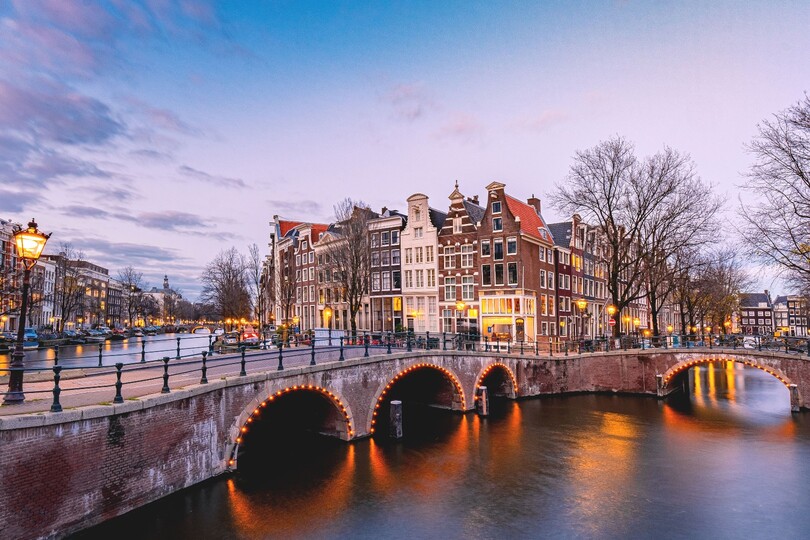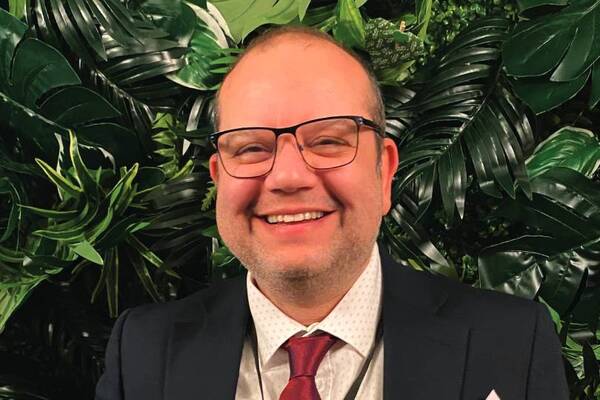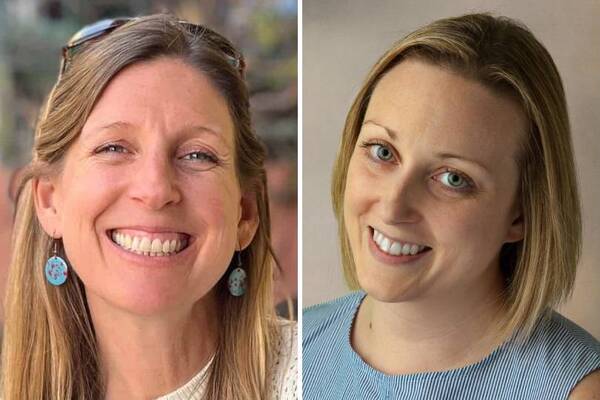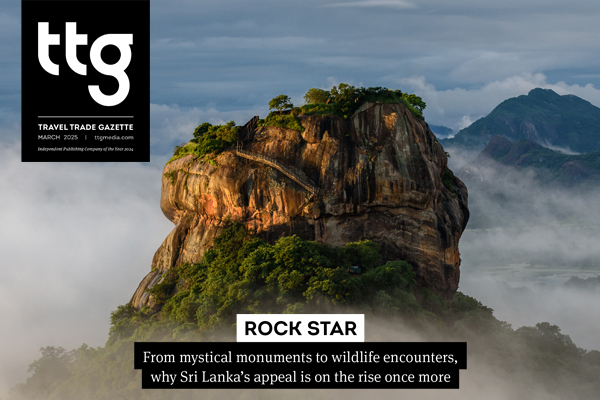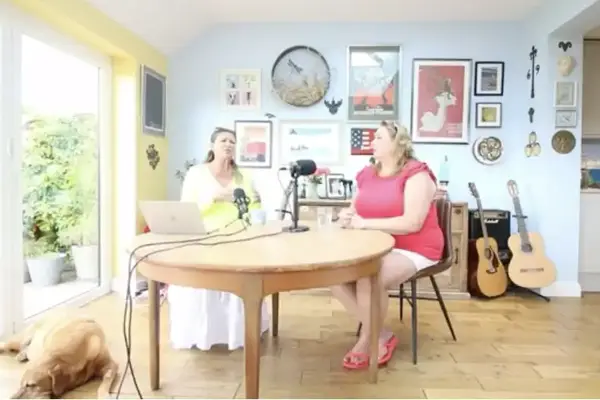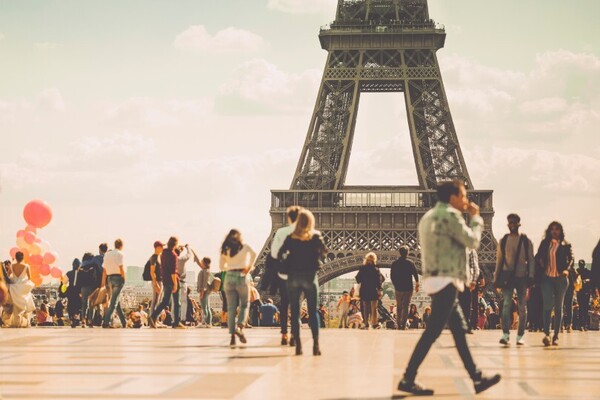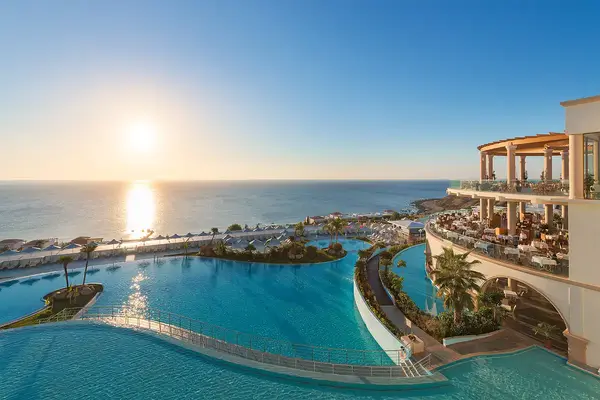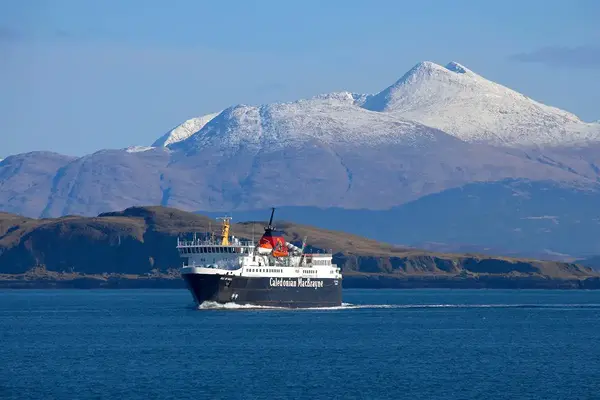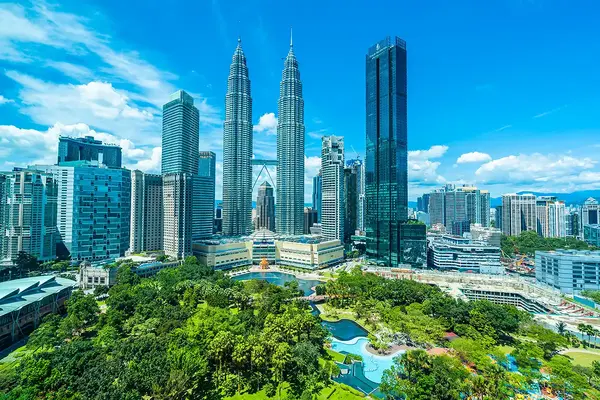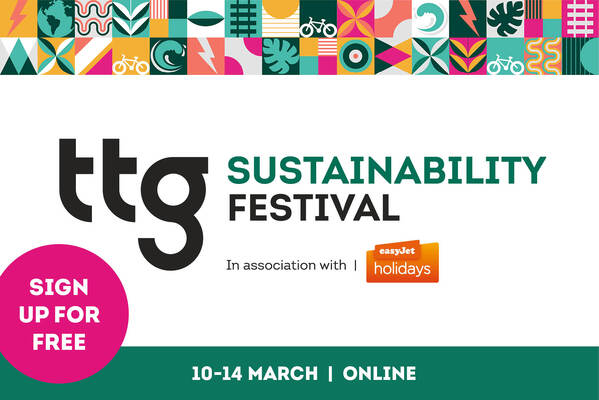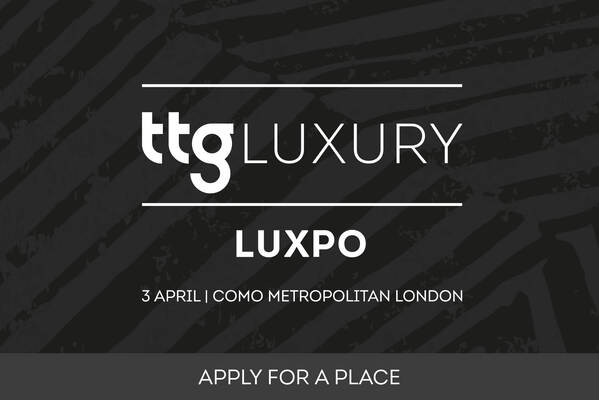Why agents are key to Amsterdam's hopes of changing its image
 Ilaria Grasso Macola
Ilaria Grasso MacolaWith its canals, cyclists and Van Gogh’s iconic sunflowers, Amsterdam is an evocative, technicolour city. In stark contrast, it’s also famed for boozy stag dos, hazy “coffee shops” and prostitution.
For more than a decade in the years following the global financial crisis of the late-2000s, the Dutch capital has invested heavily in tourism.
Over the past 15 years, annual visitor numbers have doubled to around 20 million, which includes a sharp uptick in UK guests. For a city of around 900,000 residents, Amsterdam’s vast transient population – aided by world-class air, sea and rail links – brings challenges, particularly for those looking to live within sight of its famous waterways.
The city has also gained an unwelcome, but perhaps not entirely unsurprising, reputation as a “theme park for adults” where people can do whatever they please without suffering serious consequences, often born out in rowdy antisocial behaviour.
However, Amsterdam’s authorities are changing their approach to tourism post-Covid from promotion to management, with the aim of striking a better balance between the needs of tourists and those of residents.
Initiatives include capping the amount of private rentals and B&Bs, limiting the number of cruise vessels docking in the city centre and charging a €14 per passenger day-trip levy, and increasing the city’s nightly tourist tax to 12.5% of the hotel room rate.
‘Stay away’
Amsterdam’s headline-grabbing “stay away” campaign, meanwhile, has been designed to curb unruly behaviour among visitors, particularly among Brits, aged 18-35 on lads’ weekends, stag dos and hen parties.
The innovative campaign manipulated Google search terms, so searches for “stag party Amsterdam” or “pub crawl Amsterdam” returned government videos featuring young people being handcuffed and processed by police to highlight and raise awareness of the potential legal consequences of antisocial behaviour.
This year, the city council has expanded the initiative with a questionnaire – again prompted by search terms – asking prospective visitors about their plans.
Questions include: “Would you like to explore the city with a spliff in your hand?” (which is illegal), and “What famous Dutch product would you like to try/buy?”, followed by options like cannabis and cocaine, the latter being just as illegal in the Netherlands as it is in the UK.
“The municipality of Amsterdam doesn’t want tourism that causes nuisance,” city officials tell TTG. “The city is not a product to make money from, but an eco-system to take part in.”
The authorities are clear that all stakeholders, including the travel trade, have a role to play if Amsterdam is to support a sustainable visitor economy in future.
Travel professionals, agents, operators and cruise lines, they say, have the power “to actively engage” potential visitors and effect positive change, such as by encouraging them to explore lesser-known parts of the city.
“We want to collaborate with partners in the tourism sector,” say authorities. “We need pioneers from this sector that dare to experiment, as well as frontrunners that show responsible growth and social returns can go hand in hand.”
‘Hotspots’
Slow travel specialist Byway calls destinations at risk of, or already experiencing, overtourism – such as Amsterdam – “hotspots”. These are places whose eco-system and inhabitants are already being negatively affected by tourism either seasonally or year-round.
Head of partnerships Paul Conroy tells TTG the operator discourages clients from going to hotspots, urging them instead to treat "saturated" or "overtouristed" destinations as stopping-off points as part of a longer, flight-free journey or itinerary.
Byway has integrated AI into its trip-building process to minimise time spent in hotspots. “This helps us divert travellers to smaller places and economies that welcome and benefit from them,” Conroy explains.
Byway has also partnered with the Netherlands Board of Tourism and Conventions to offer flight-free holidays and to showcase itineraries not including Amsterdam. "These include seeing the canals in Delft, experiencing cafe culture in Utrecht, island hopping in the Wadden Islands and walking in Van Gogh’s footsteps in Nuenen,” Conroy adds.
If customers are adamant about visiting the city, Byway urges them to travel independently around the city, stay and eat at locally owned accommodation and restaurants, and book tours and activities operated by city residents.
‘Authentic experiences’
Travel Counsellor Marie Rowe, one of TTG’s Sustainable Travel Ambassadors, says she feels increasingly comfortable switching clients to lesser-known Dutch destinations like Haarlem – “a mini Amsterdam with beautiful canals, cobbled streets and cafes” – west of the city.
“It has even more to offer than Amsterdam,” she says. “It’s like a mini Amsterdam with beautiful canals, cobbled streets and cafes everywhere."
Rowe believes "one of the best things agents can do" is invest time in learning about viable alternatives to heavily visited destinations. “They can give clients a more authentic experience – I don’t know any city that doesn’t have an alternative.”
Helen Bateman is another Sustainable Travel Ambassador. She advises clients to consider travelling out of season.
“It might be cooler, but they’ll be rewarded with fewer crowds and more space to enjoy [the city],” says Travel Counsellor Bateman, who also highlights the unique opportunity Amsterdam presents to explore a European capital easily and safely by bike.
Change in the air
There are signs too that Amsterdam is achieving the change it is seeking, and that the city’s tourism economy is evolving.
Not Just Travel’s Marcus Edwards puts the change down, in part, to the measures introduced by Amsterdam’s authorities, as well as rising accommodation prices – particularly for the city’s higher quality hotels – and also for food and drink.
Amsterdam expert Daniel Ori agrees, tells TTG that while he still gets stag and hen party enquiries, clients typically end up choosing different locations.
“I recommend different destinations that want that business, destinations set up for this with lots of low-cost accommodation and flight availability,” says the InteleTravel agent. “Promote Amsterdam to your couples and other more party-friendly destinations for your stags.”
Agents tell TTG they are seeing more couples and families choosing to visit the city instead of younger clients looking for stag and hen-dos. If the city is to shed its reputation as one of the world’s “sin cities”, it will need the trade on its side.
Sign up for weekday travel news and analysis straight to your inbox
Supplier Directory
Find contacts for 260+ travel suppliers. Type name, company or destination.
